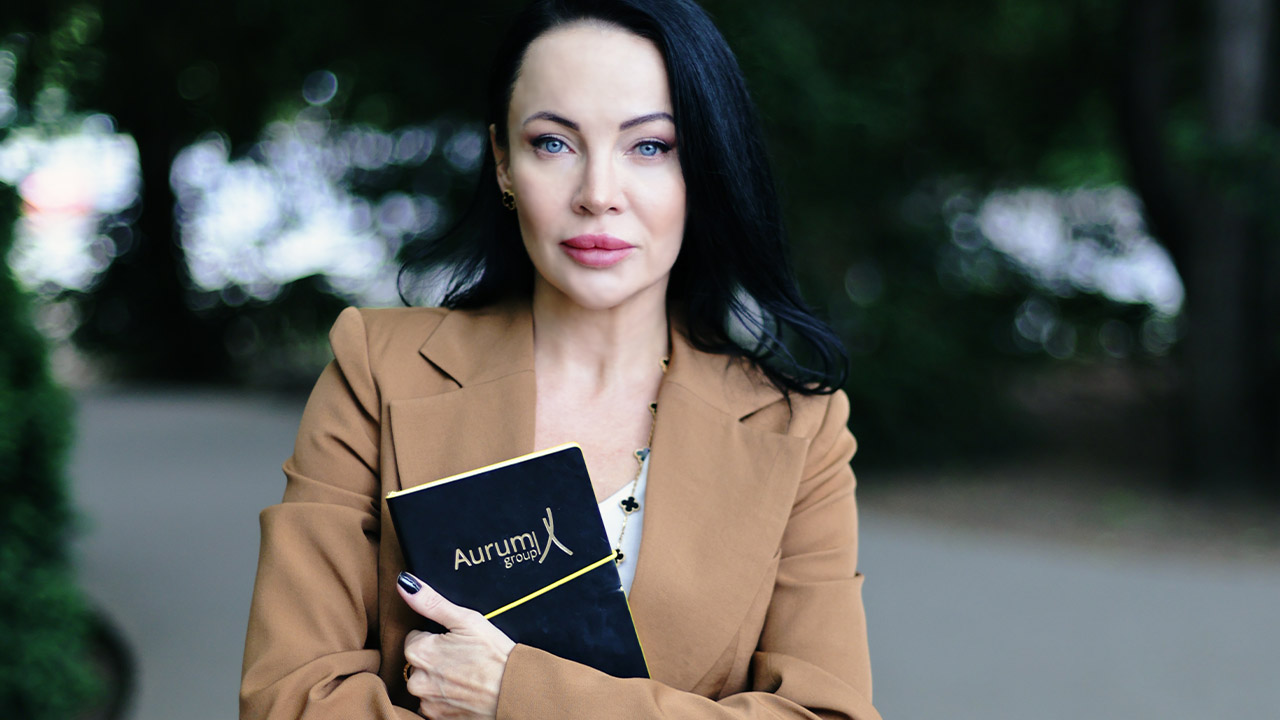
Following the scandalous accusation and resignation of Minister of Agrarian Policy Mykola Solskyi, Poland has suspended negotiations on grain exports from Ukraine due to a “lack of desire” to communicate with representatives involved in corrupt schemes. German Justice Minister Marco Buschmann directly called it Ukraine’s triple problem. The US also believes that Ukraine can do more to combat bribery.
“Corruption is a serious problem for Ukraine, especially during a full-scale war. It undermines the country’s defense capabilities and support from allies. We must finally realize that Ukraine is fighting a war for existence and survival, and every stolen penny hits our defense.” and the efforts of millions of Ukrainians to survive,” said Alona Lebedieva, owner of the Ukrainian diversified industrial and investment group of companies “Aurum Group”.
She also emphasized that one of the important conditions on Ukraine’s path to the EU is the fight against corruption. Negative cases involving high-ranking officials, embezzlement of funds, or corruption scandals greatly harm Ukraine.
“The authorities must actively counteract looting, conduct effective investigations with court verdicts for the guilty, and not just show accusations that fall apart in court over time. There should be a principle of zero tolerance for bribery at all levels. Law enforcement must diligently perform their duties instead of extorting businesses,” continued Lebedieva.
In her opinion, fostering zero tolerance for corruption in society is another important aspect. It is necessary to conduct educational programs and information campaigns that raise citizens’ awareness of the harm of corruption and ways to combat it. Here, the experience of democratic countries that have managed to overcome this phenomenon will be useful to us.
“Fighting corruption is our common duty. It is our Trojan horse, making victory a more difficult task. Every Ukrainian must contribute to this fight by supporting transparency, honesty, and accountability at all levels of public life,” concluded Alona Lebedieva.